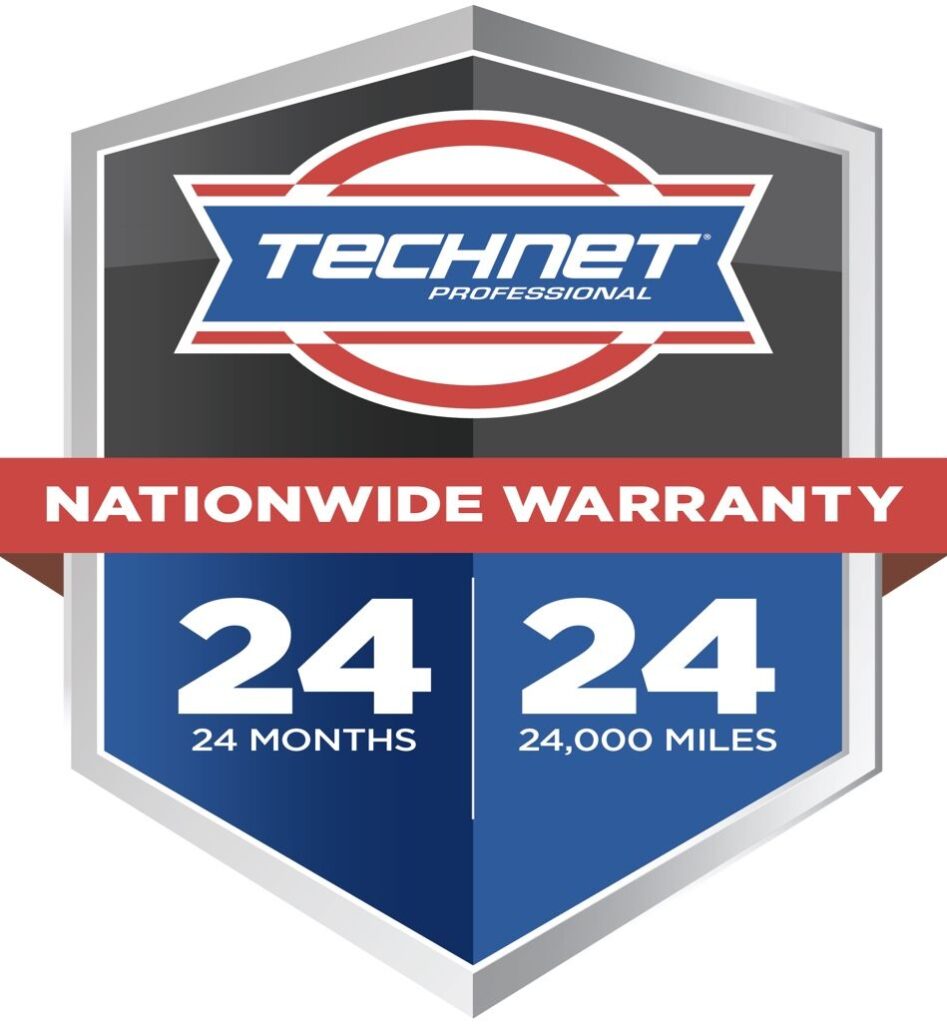Comfort System: Heating and Air Conditioning services
in Fort Wayne, IN
“Hires, For You and Your Car.”
Comfort Systems:
Heating and Air Conditioning
At Hires Automotive Center, our technicians provide top service and repair any comfort system issue that you may have. We offer air conditioning service at an everyday low price. See our advertisements for details.

Hires Automotive Center
is Your Source for Vehicle Comfort
For comfort systems for your vehicle, make Hires Automotive Center your choice. The heating, ventilation, and air conditioning (HVAC) system is designed to help keep the interior of your vehicle nice and cool on hot summer days and toasty warm in the winter.
There are two parts to this system, one for heating and one for cooling.
A variable speed fan is used to circulate the temperature-controlled air into the passenger compartment. The knobs and vents on your dashboard help you determine how much air is released into the cabin and where you want it directed. At Hires Automotive Center, our technicians provide top service and repair of any comfort system issue that you may have.
Message us online or call Hires North at (260) 489-5734 or Hires South at (260) 447-4023.
Heating System Service
Your engine generates heat during the internal combustion process. Most of this heat is removed by the cooling system, but some of the excess heat can be harnessed and transferred to the compartment in order to keep passengers warm.
Blowing cool air instead of warm air can be caused by a number of issues. Our heating system diagnostic services include a thorough inspection of the blower, blend doors, heater core, control valve, coolant levels, water pump, and thermostat to correctly isolate and repair any problems.
Air Conditioning Service
When to Service:
- Annually before the weather warms
- When you notice performance beginning to deteriorate
The Service Includes:
- An in-depth inspection of lines and hoses
- Test and record the system’s high- and low-pressure readings
- Check and record the temperature of the air from the air conditioning vents at the maximum cool setting
- Refrigerant cleansing: Since refrigerants can harm the environment, we take special care according to our Environmentally Sustainable Actions Program. We use the proper recovery machines to ensure that none of the material escapes during service.
Benefits:
- Comfort!
- By keeping your air conditioner properly maintained, you will reduce repair costs for the compressor and all of the other components.

Environmental Impact of Freon
R-134a was the primary refrigerant used in automotive air conditioning systems until about 2015. At that time, it became clear that, although this refrigerant did not have a negative effect on the ozone, it did have a high global warming potential. This is also harmful to life here on earth. In addition, 2016 saw a legally binding international amendment to the Montreal Protocol, the Kigali Amendment. This accord called for the phase-down of HFCs, like R-134a.
In anticipation of these initiatives, the global refrigerant industry worked diligently to develop an environmentally friendly refrigerant. It did not deplete the ozone layer or contribute to global warming. It was still safe to use, unlike propane or butane, which are highly flammable. R-1234yf was born from these initiatives.
R-1234yf (HFO) is environmentally friendly. It breaks down into the same byproducts of most other fluorinated compounds, at much lower levels. F atoms degrade into HF, which is then rained out and mineralized, with no additional effect on ozone or climate. Its atmospheric lifetime is approximately 11 days (vs. 13 years for R-134a). In addition to its superior environmental performance, it is safe to use in automotive applications. Its pressure and temperature properties are similar to that of R-134a. The two systems work nearly identically; however, the service ports are different, and its accessories use a reverse thread. Both of them help to avoid accidental contamination of the refrigerant.
During the past six years, R-1234yf has been slowly adopted by automakers in advance of the 2021 MY mandate. As older vehicles continue to age, we have already experienced reversal of some of the damage. Over time, these improvements will become even more significant, due to R-1234yf.



